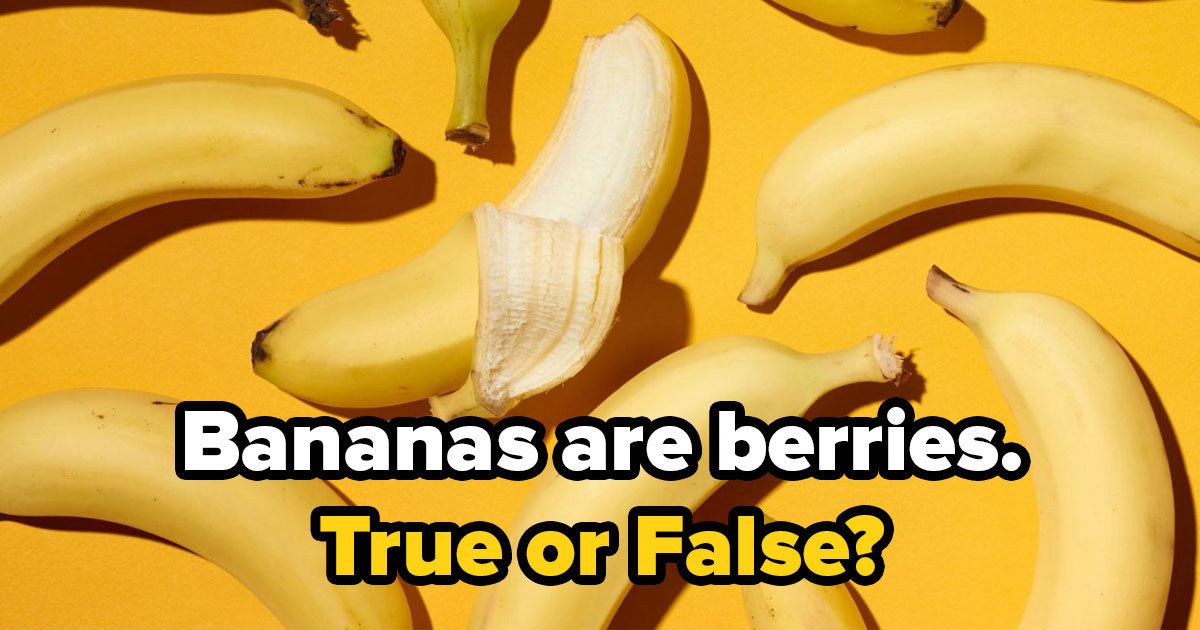
Even if you weren’t someone who got excited about science class in school, now—as an adult—it’s hard not to be amazed by science facts. Did you know that if all the DNA in the human body is uncoiled and put together, it would be about twice the diameter of our whole solar system? Here's another random science factoid: about 13 million Earths could fit inside the sun, according to NASA's statistics. This quiz will help you brush up on some fundamental science knowledge that you may have forgotten. Don't worry — no rocket science knowledge is required.
If you pride yourself on being a science know-it-all, this quiz would challenge what you think you know. If you want to learn more about science, this might just be the quiz for you. Well, you're going to need some very broad science knowledge to ace it, that's for sure. If you had paid attention back in school, acing this quiz should be easy.
Enjoy Quizly? Upgrade to Premium for an ad-free experience and exclusive features.
Get PremiumIf You Paid Attention in School, You Shouldn't Break Sweat Passing This Science True or False Quiz Questions
True or false: Camels store water in their humps.
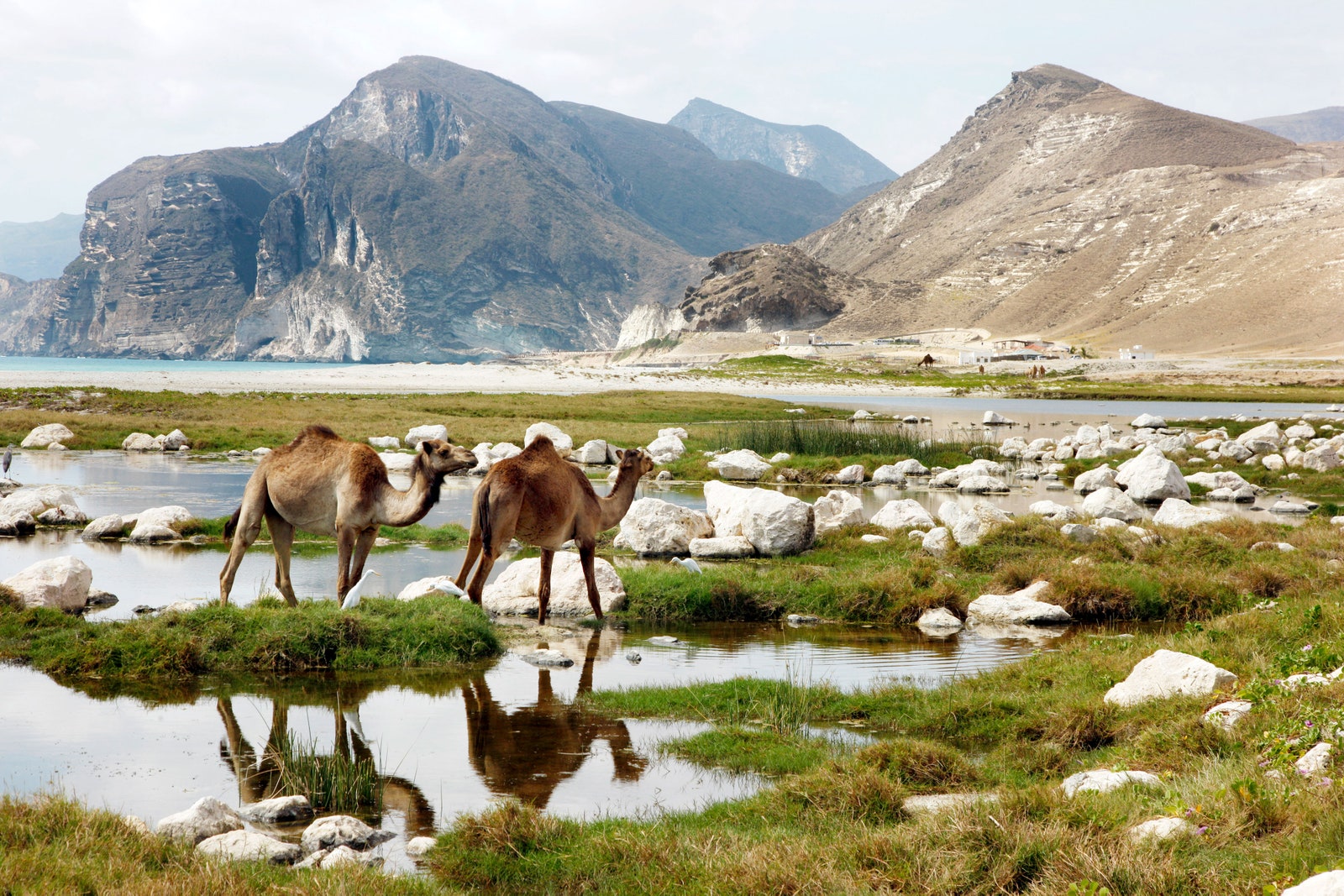
True or false: Human babies have around 100 more bones than adults.

True or false: When under extreme stress, some octopuses will eat their own limbs.
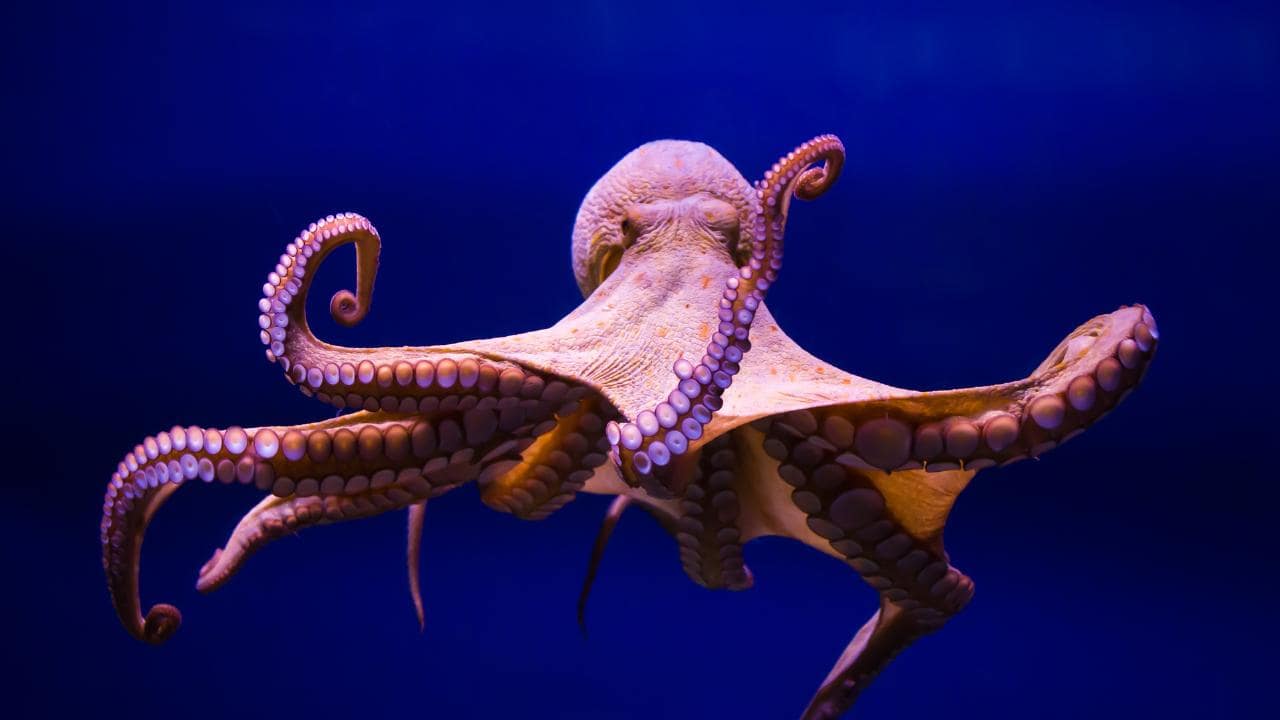
True or false: An atom contains a nucleus.
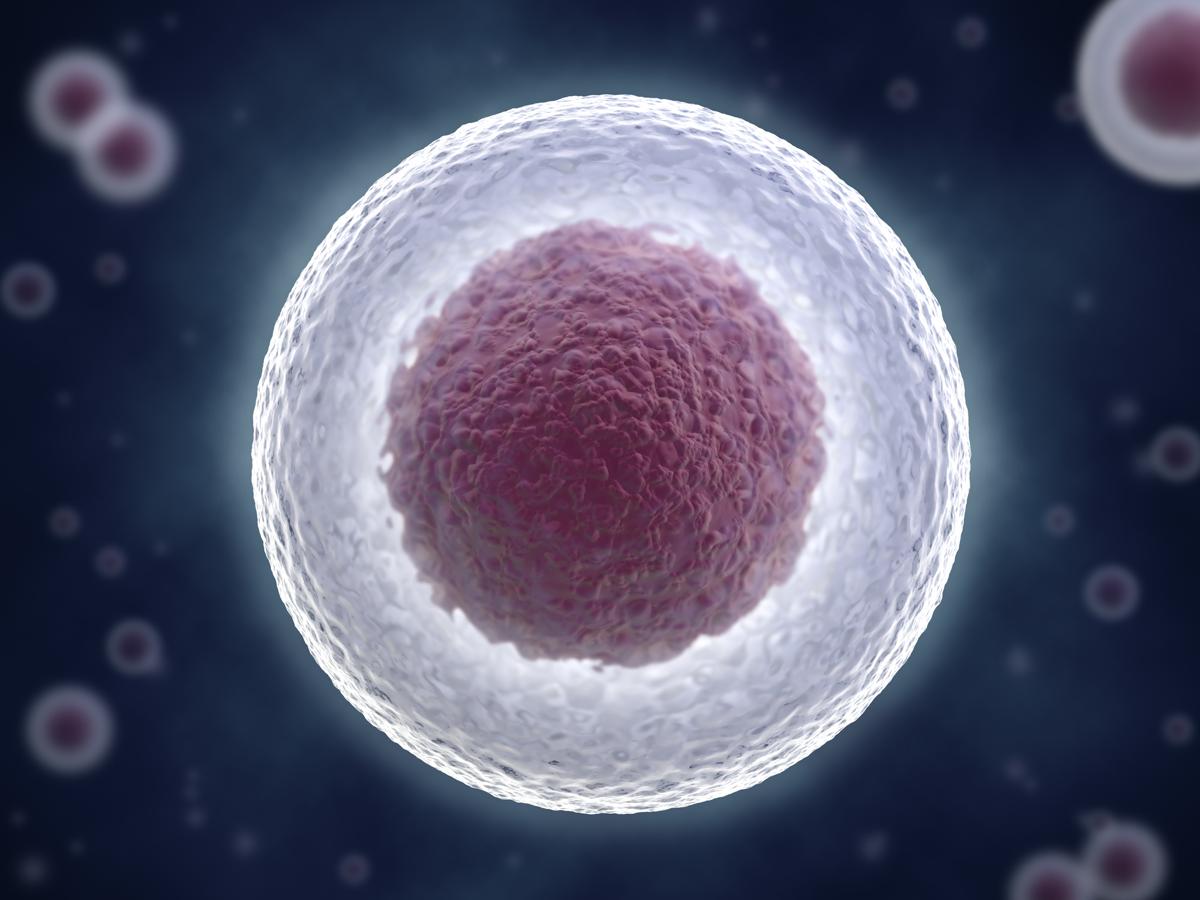
True or false: A person cannot get a sunburn on a cloudy day.

True or false: Mercury is the hottest planet in the Solar System.
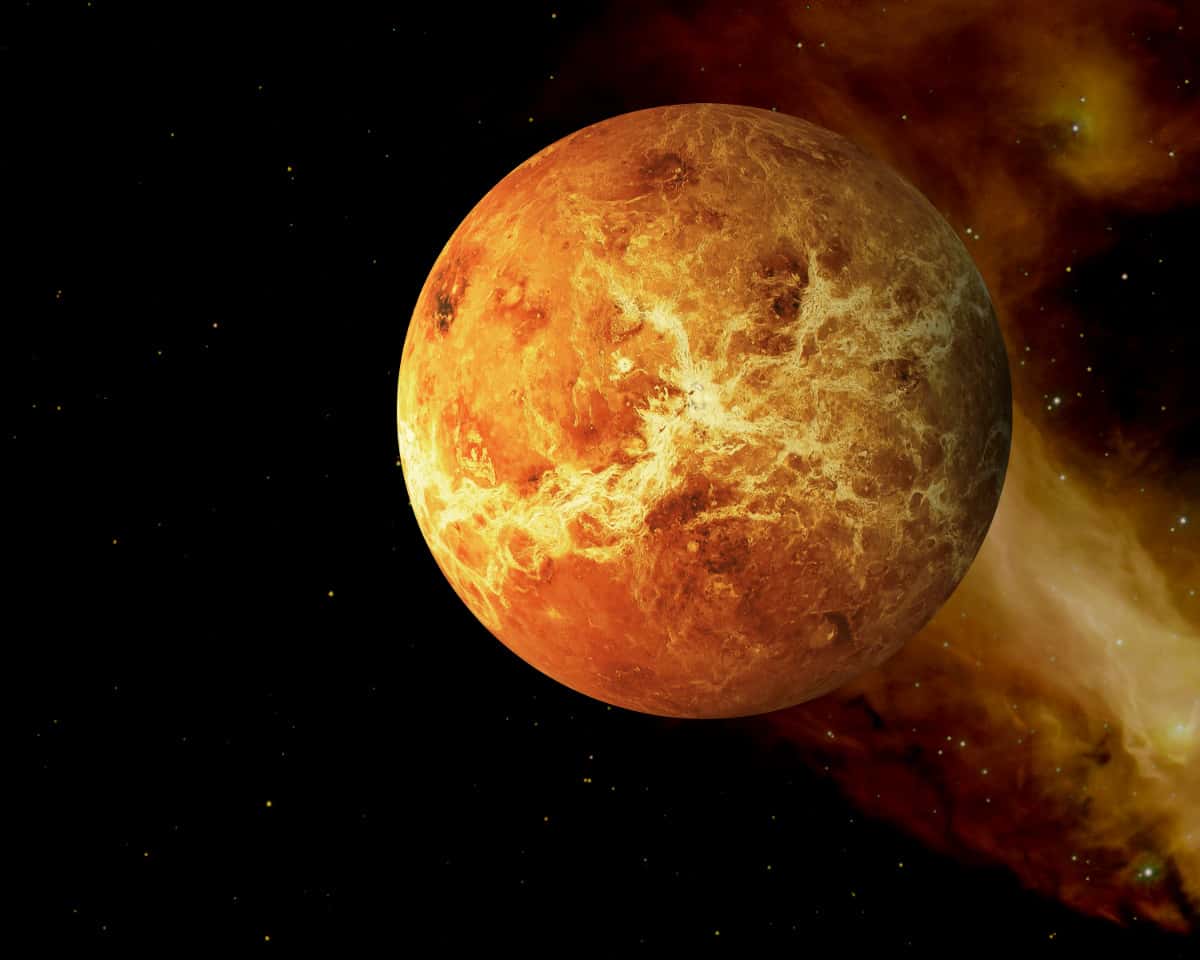
True or false: When the Egyptian pyramids were being built, the woolly mammoth had already gone extinct.
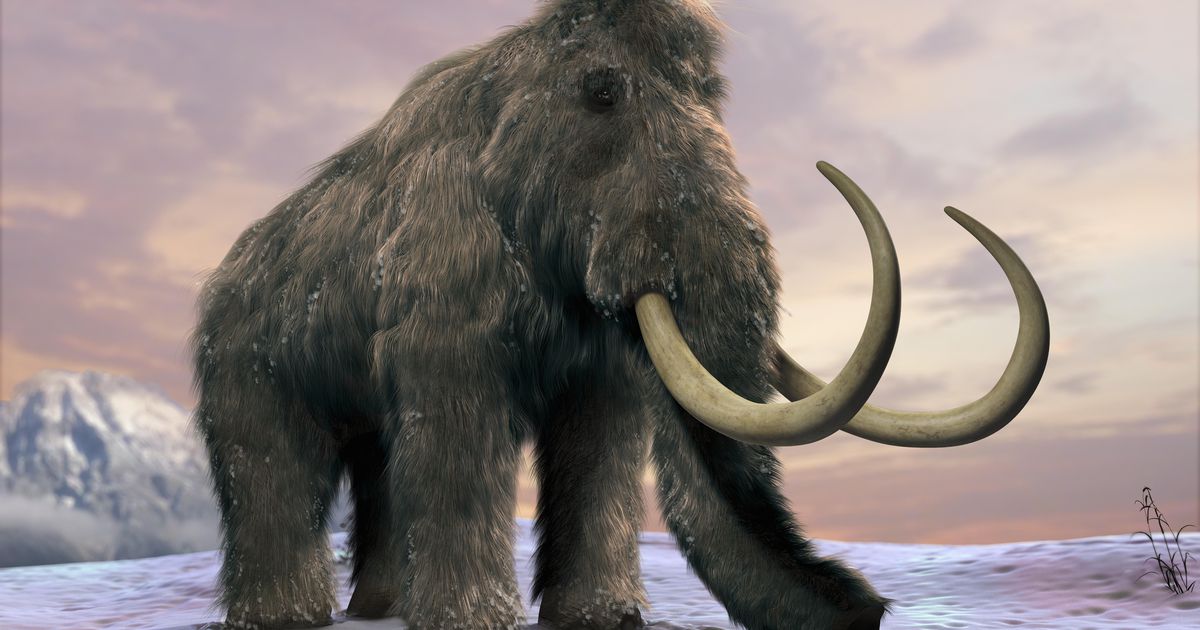
True or false: Leeches were used in medical treatments.
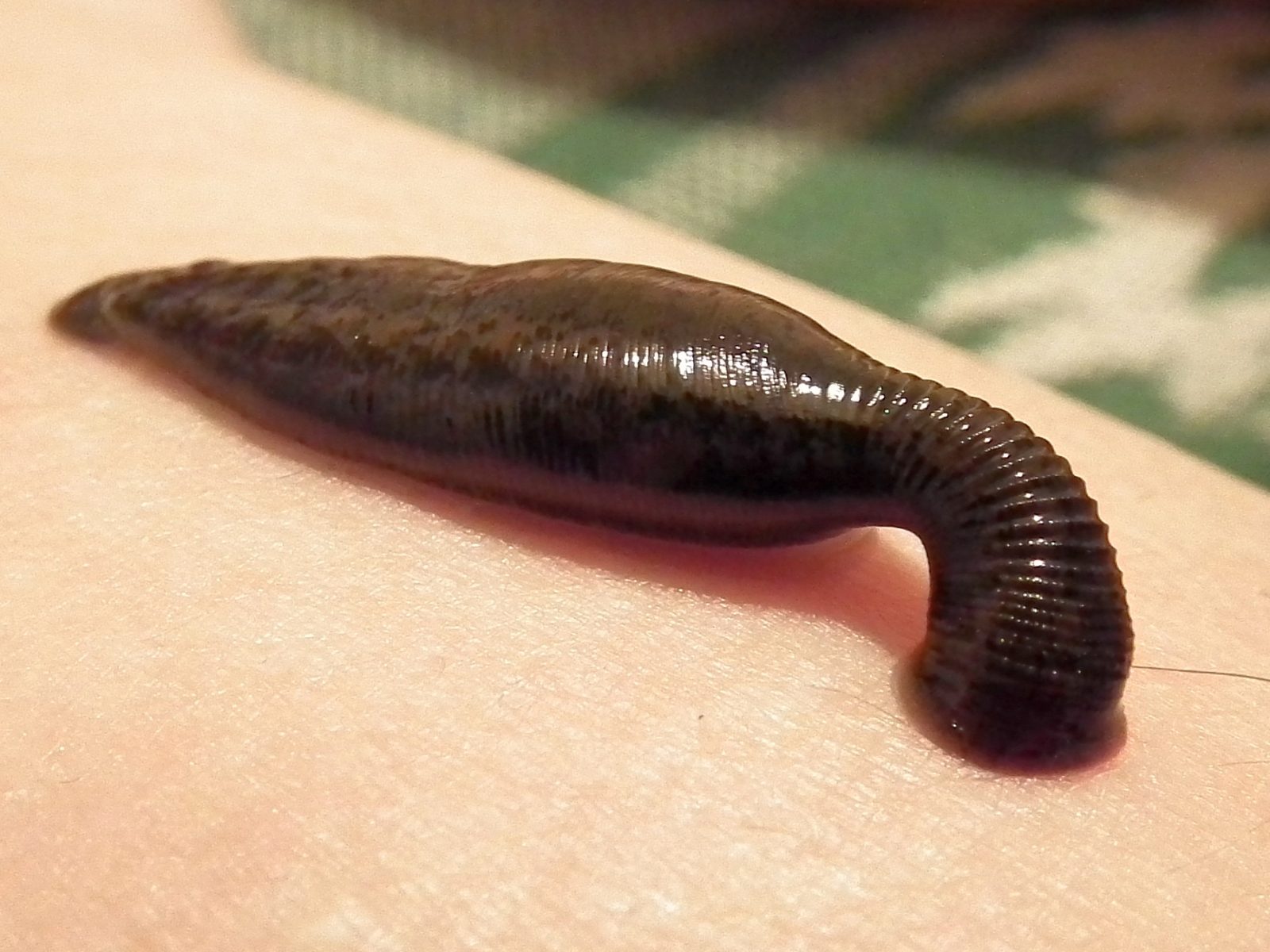
True or false: The cornea controls the amount of light entering the eye.
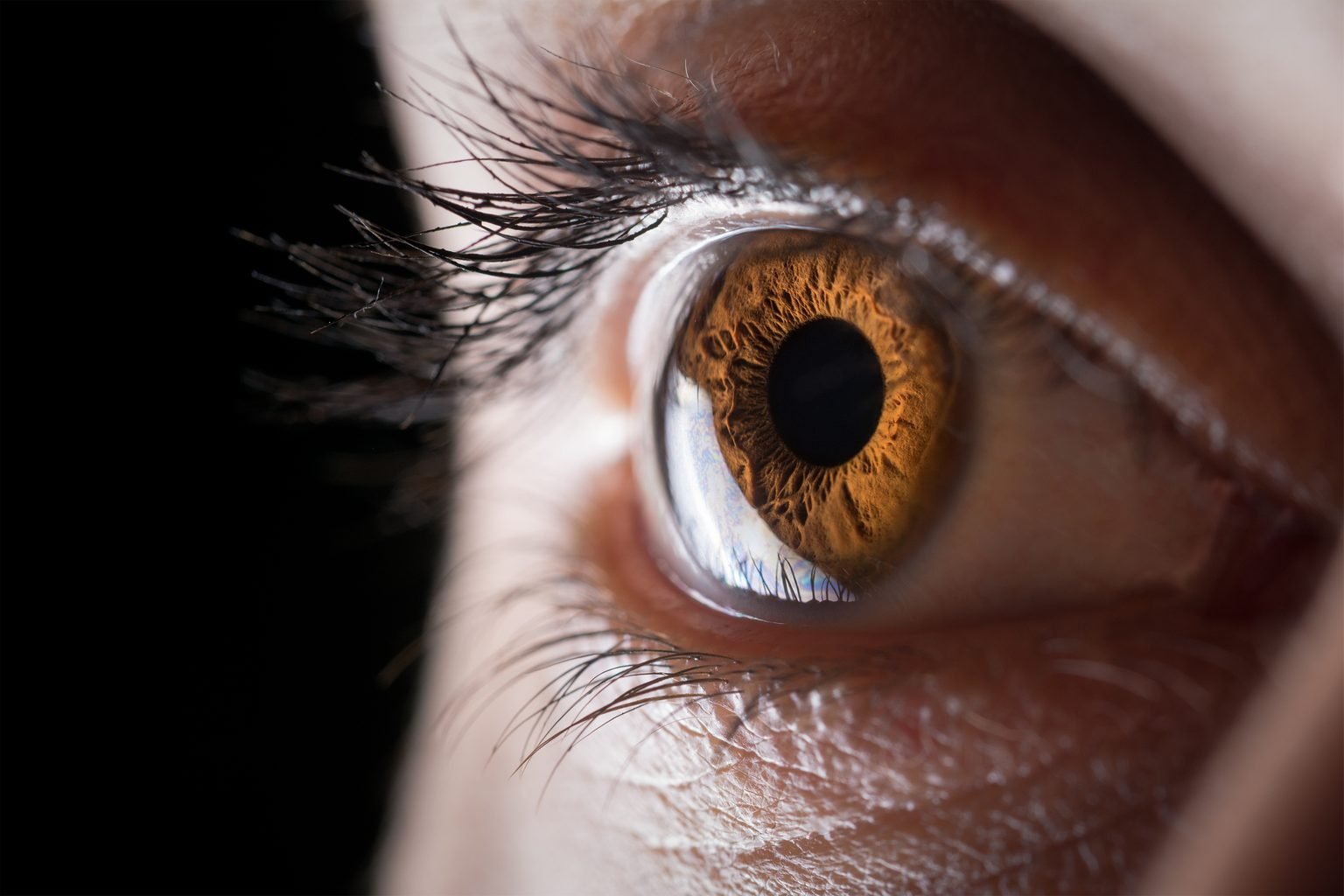
True or false: In the periodic table, the symbol for potassium is the letter P.

True or false: Bananas are a type of berry.

True or false: Anatomy considers the forms of macroscopic structures such as organs and organ systems.
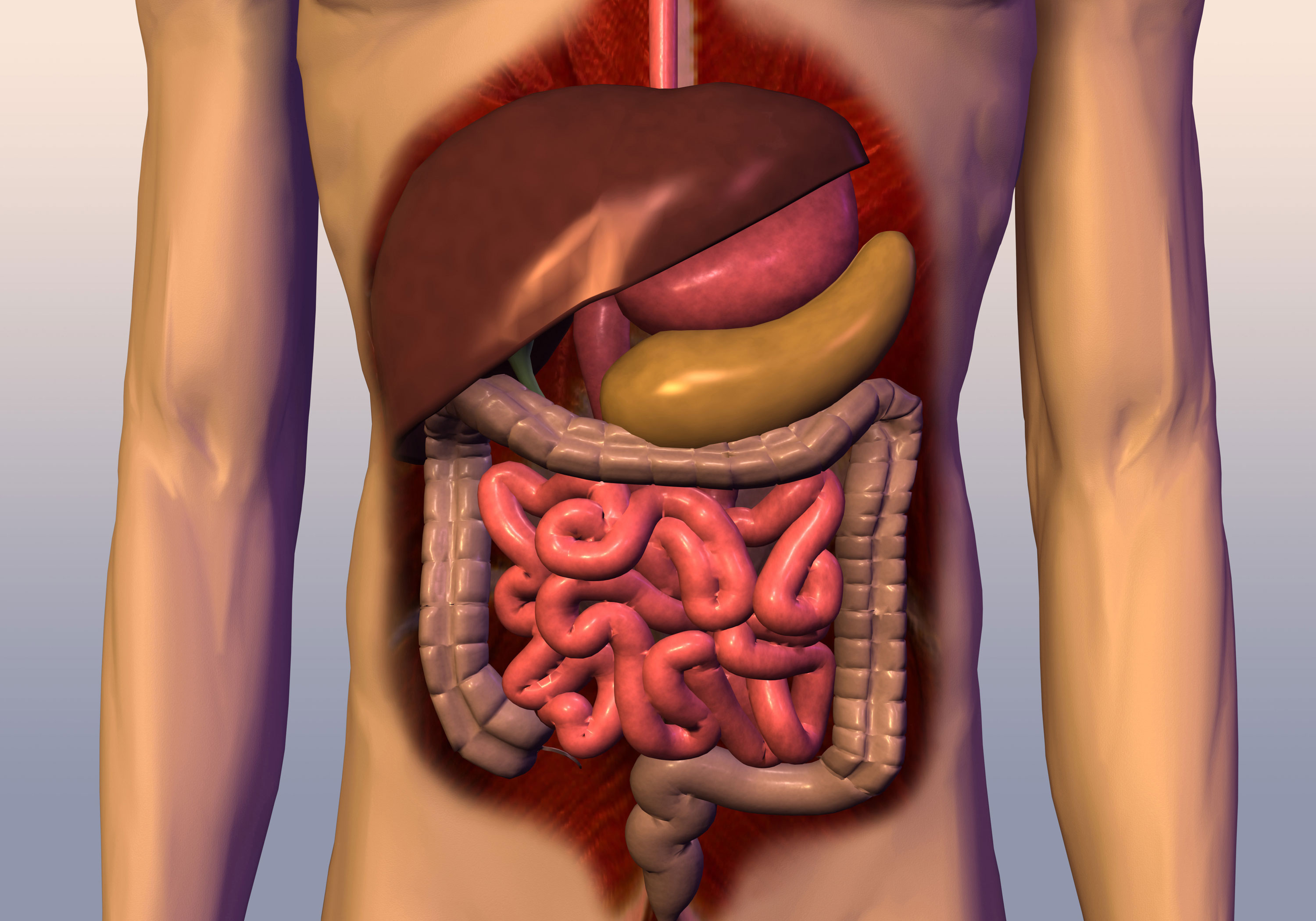
True or false: Hydrogen is the most abundant chemical element in the atmosphere.
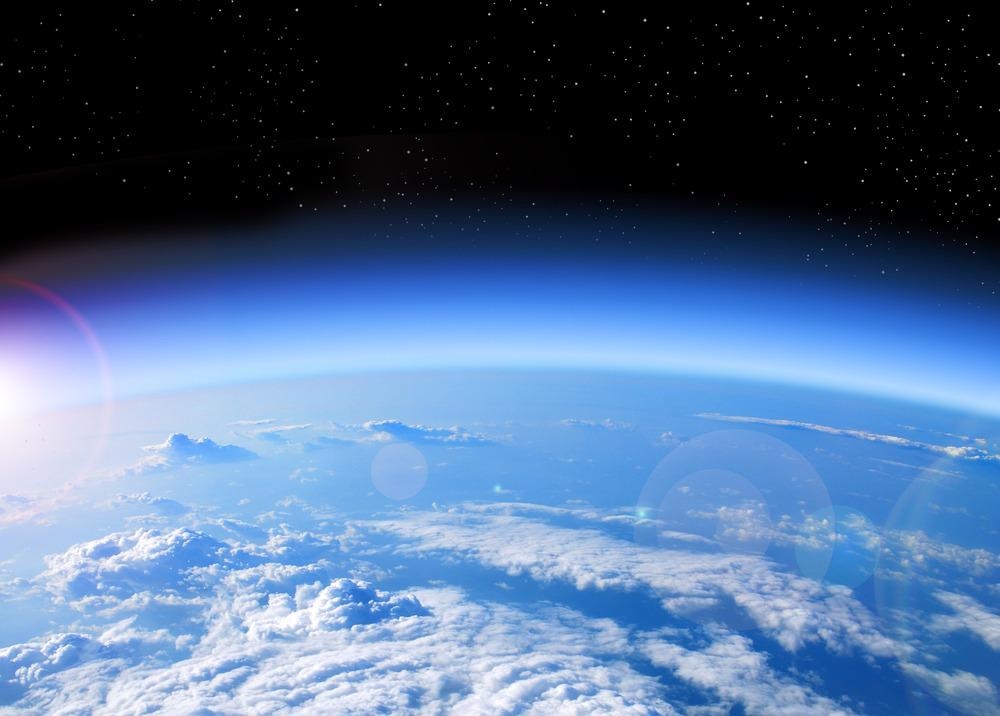
True or false: Water always boils at 100°C, 212°F, 373.15K, no matter where you are.
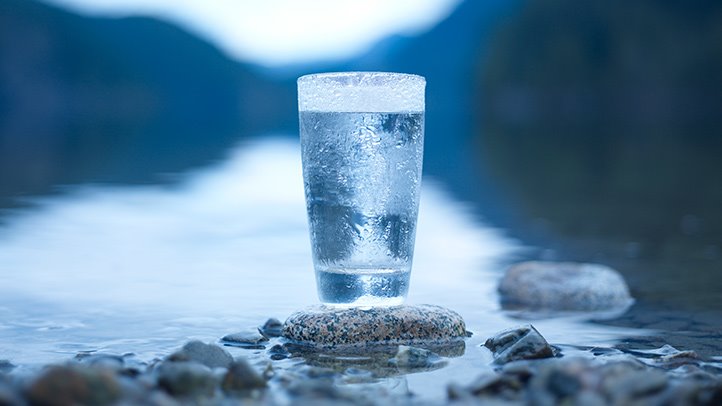
True or false: Noble gases are the most reactive of all elements.
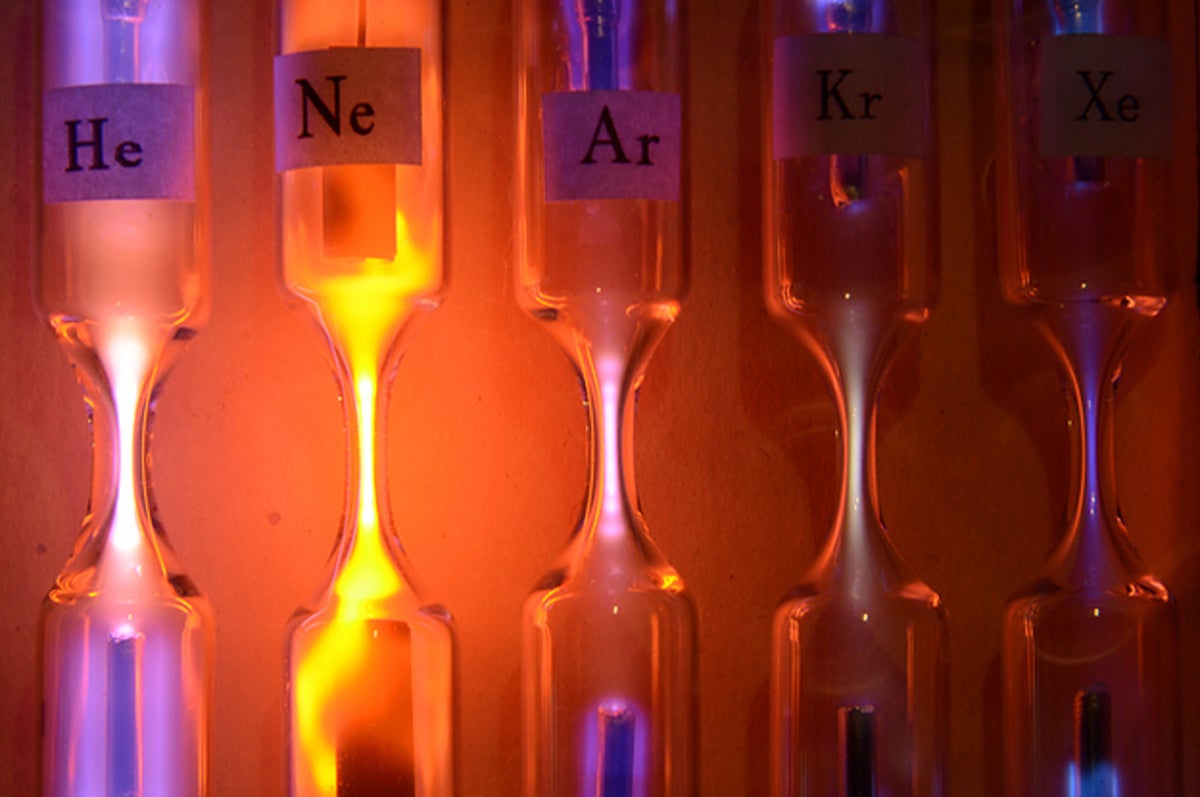
True or false: An entomologist studies reptiles.
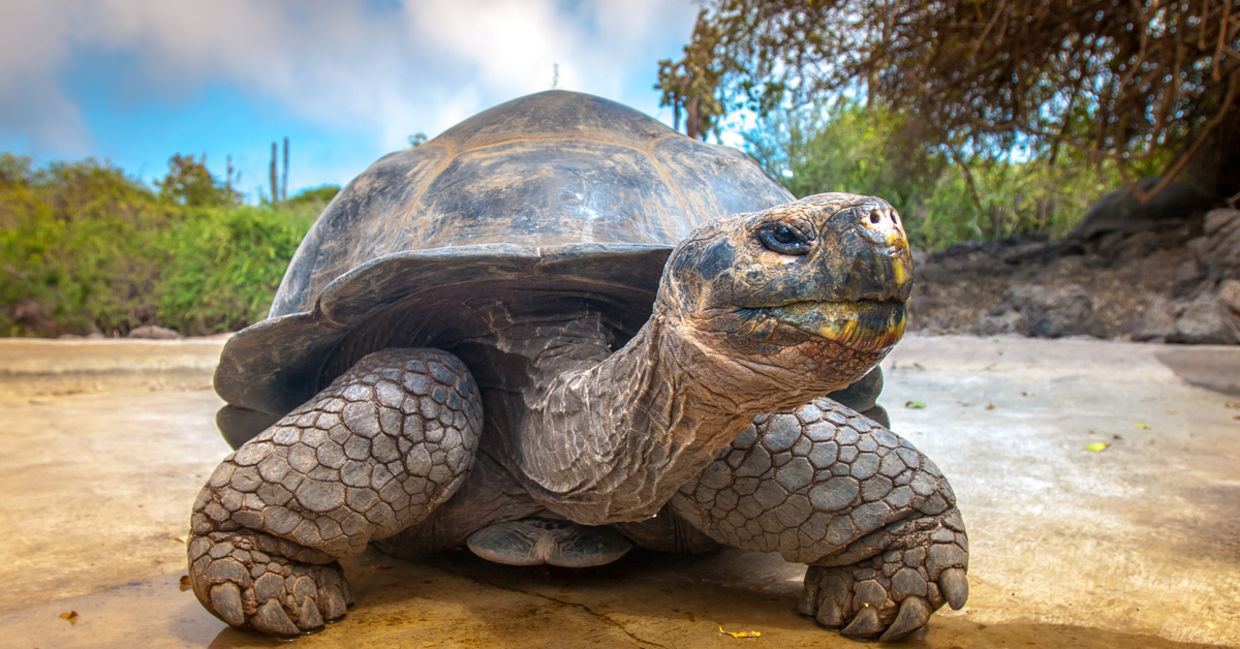
True or false: Not including false teeth, a human has two sets of teeth in their lifetime.

True or false: Psychology is the science of behavior and mind.
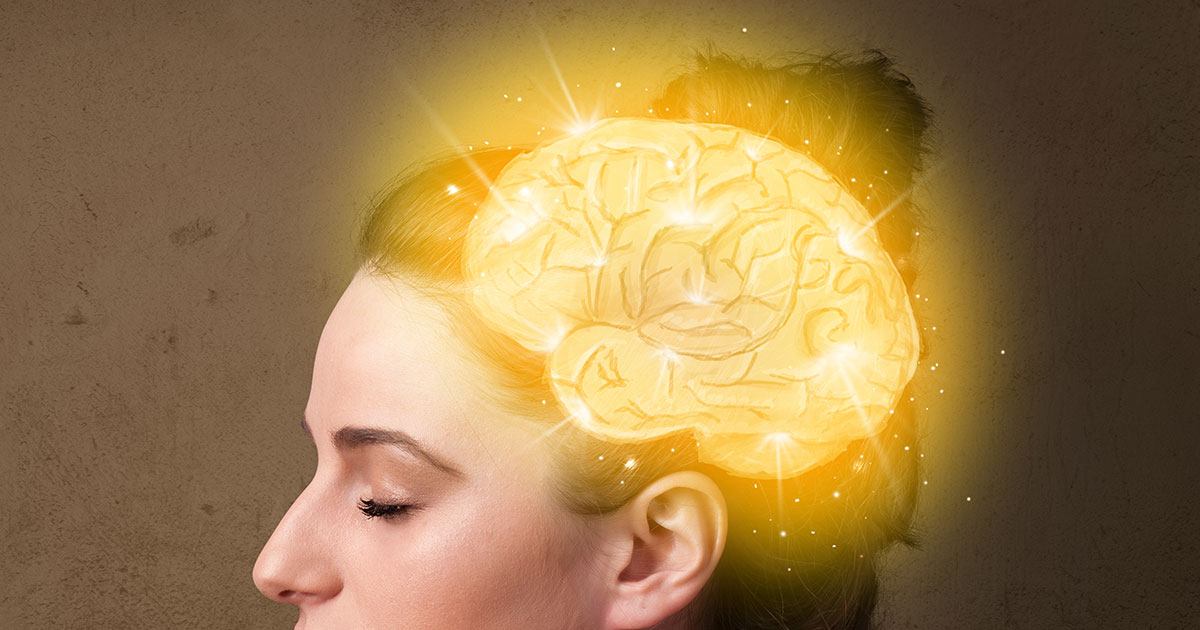
True or false: The planet Mars has two moons orbiting it.
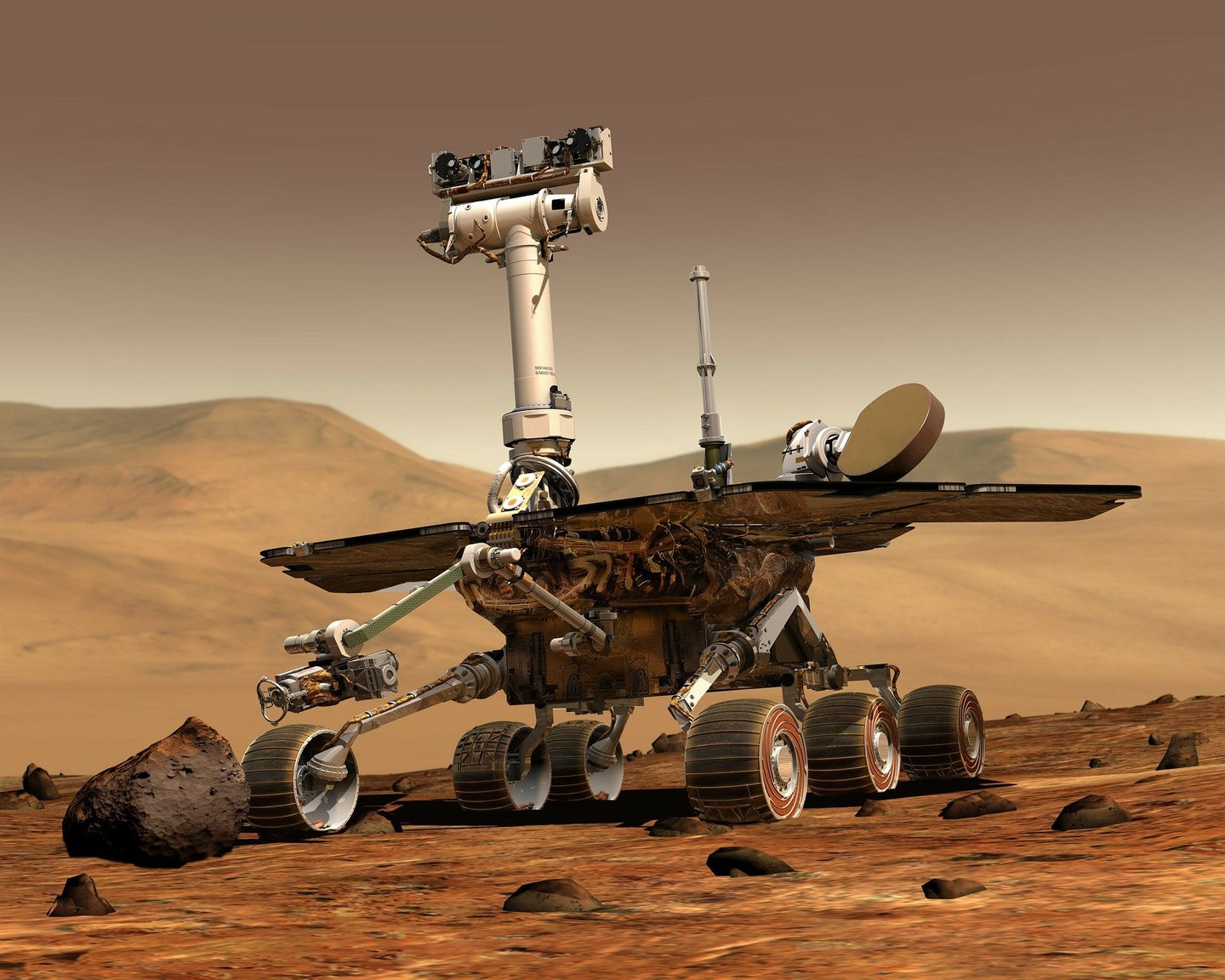
True or false: An astronomical unit is the distance between Earth and the Moon.
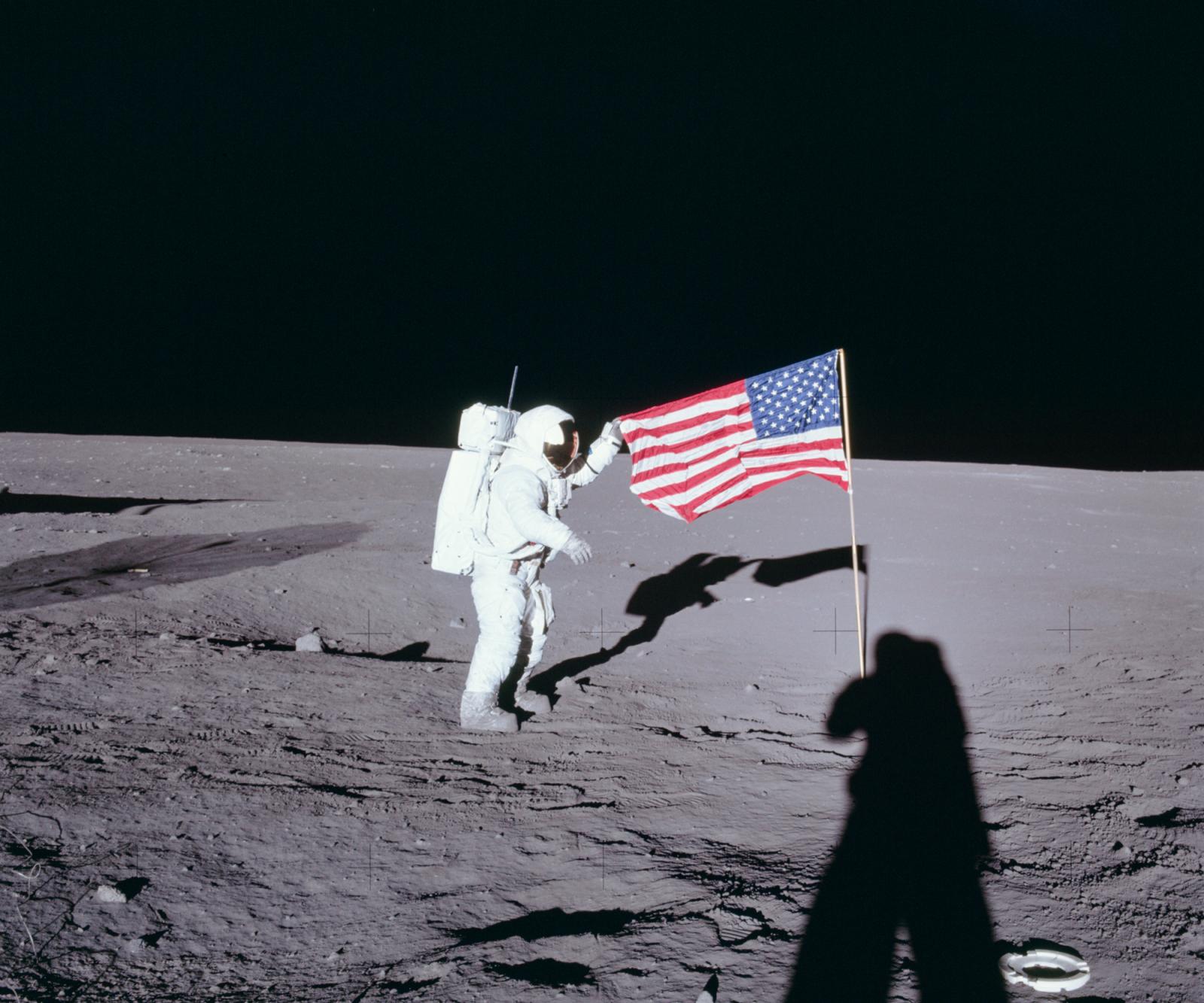
True or false: Chameleons change colors to camouflage themselves and hide from predators.
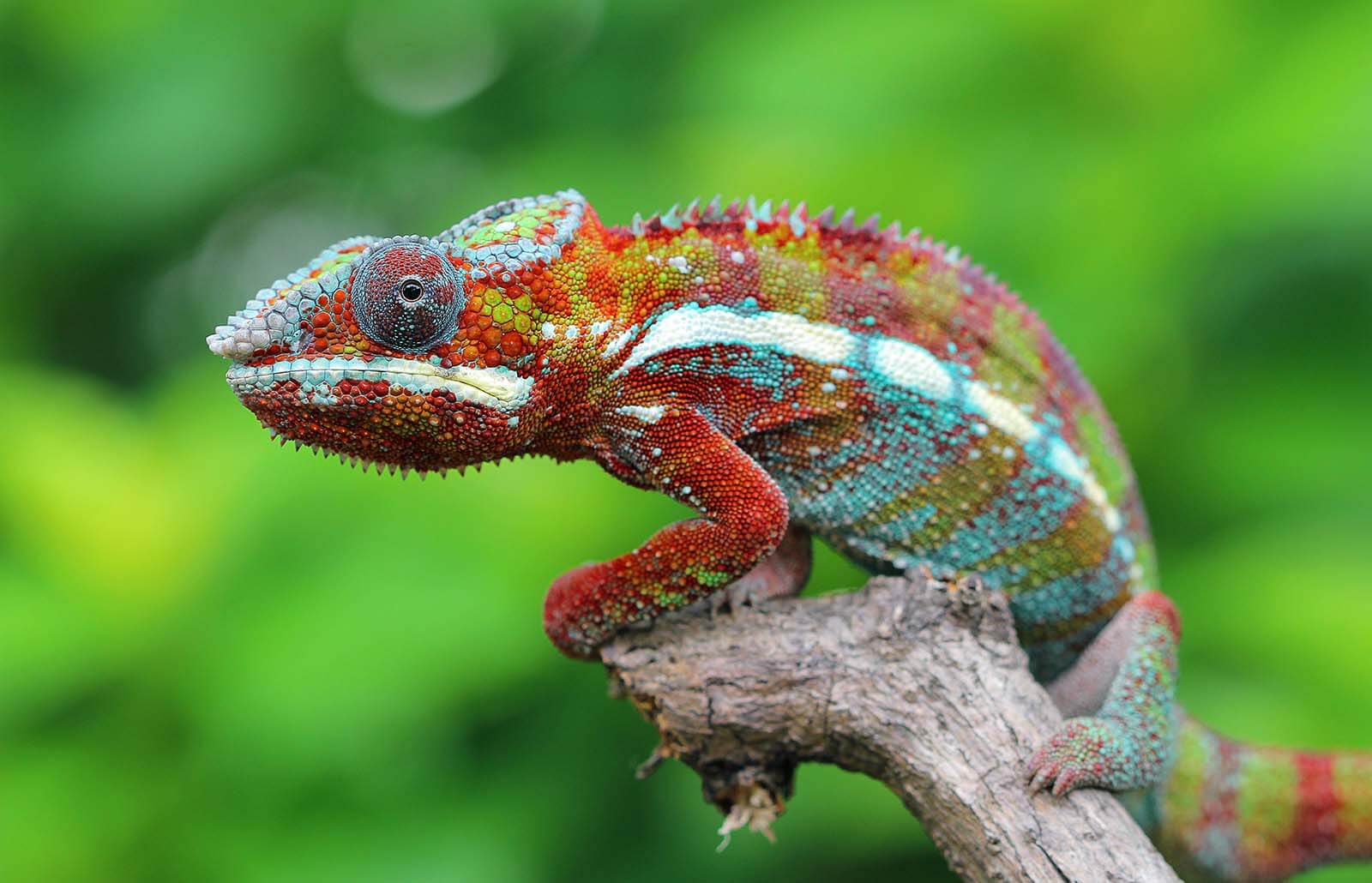
True or false: Mushrooms are a type of fungi.


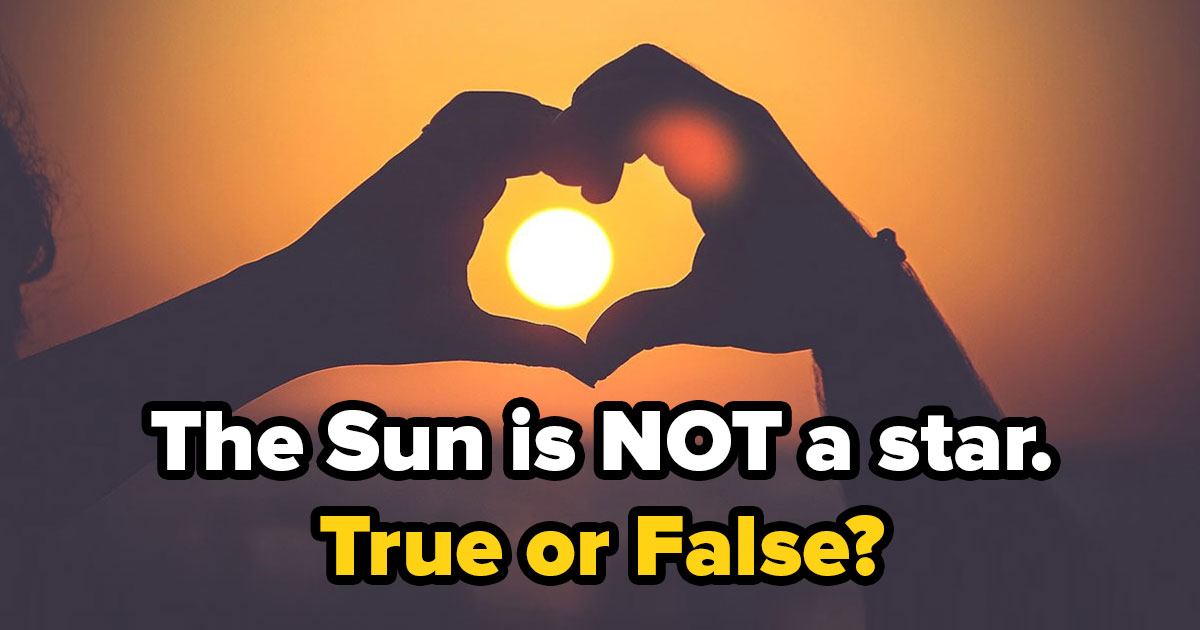
2 Comments
15/22
11/22